Combining your Kilimanjaro climb with a beach holiday by going to the pristine beaches of Zanzibar is a great way to wind down your trip anfter a challenging expedition to the highest mountain in Africa. Imagine basking in the warm sun, relaxing on pristine beaches, and immersing yourself in the vibrant culture of a tropical island. After the exhilarating experience of climbing Mount Kilimanjaro, why not treat yourself to a well-deserved getaway to Zanzibar? Located off the coast of Tanzania, Zanzibar is a paradise destination that offers a unique blend of natural beauty, historical charm, and idyllic beaches.
Are you ready for an extraordinary journey that combines the thrill of conquering Africa’s highest peak with the serene beauty of pristine beaches? Look no further than Zanzibar! Located just off the coast of Tanzania, Zanzibar is a paradise that beckons adventurers and relaxation seekers alike. After scaling the majestic Mount Kilimanjaro, there’s no better place to unwind, rejuvenate, and immerse yourself in the rich cultural heritage of this enchanting archipelago. In this article, we’ll explore why visiting Zanzibar after climbing Kilimanjaro is an experience you don’t want to miss.
Exploring the Allure of Zanzibar’s Beaches
Zanzibar is renowned for its breathtaking white sandy beaches and crystal-clear turquoise waters, making it a dream destination for beach lovers. After the physically demanding expedition of climbing Kilimanjaro, unwinding on Zanzibar’s idyllic shores is the perfect reward for your efforts. Whether you’re seeking a peaceful retreat or engaging in thrilling water sports, Zanzibar’s beaches cater to all preferences. From the popular Nungwi Beach with its vibrant atmosphere to the tranquil shores of Matemwe Beach, you’ll find your personal slice of paradise on this remarkable island.
Post-Climb Relaxation
Zanzibar’s serene and picturesque beaches provide the ideal setting for relaxation and rejuvenation after conquering the challenges of Kilimanjaro. Picture yourself lounging on powdery white sands, listening to the gentle lapping of turquoise waters, and enjoying the cool ocean breeze. Zanzibar offers a tranquil escape where you can unwind, pamper yourself, and let your body recover from the physical demands of the climb.
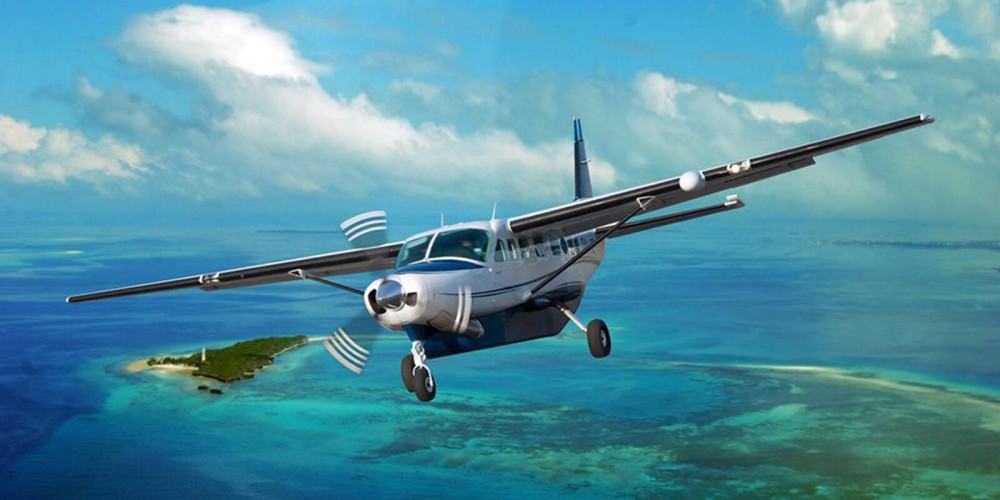
Cultural Immersion in Stone Town: A UNESCO World Heritage Site
Venture into the historic heart of Zanzibar—Stone Town, a UNESCO World Heritage Site—where ancient buildings and narrow, winding streets transport you back in time. With a fusion of Arab, Indian, and European influences, this cultural hub offers a fascinating glimpse into the island’s past. Lose yourself in the bustling bazaars, visit the captivating House of Wonders, and delve into the history of the slave trade at the Slave Market. The vibrant colors, intricate architecture, and warm hospitality of Stone Town will leave an indelible mark on your journey.
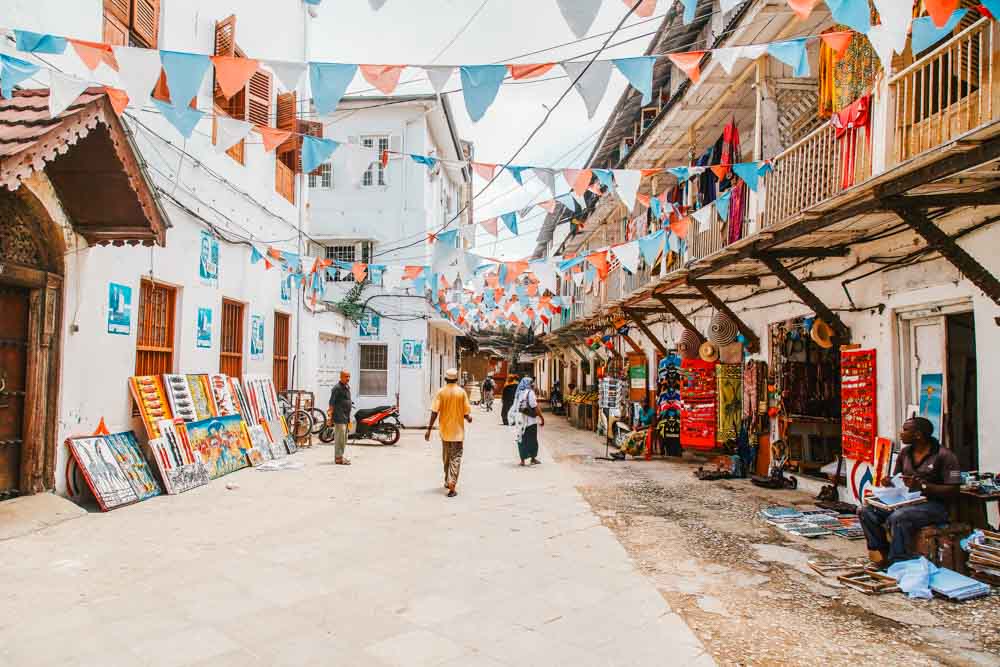
Pristine Beaches and Crystal Clear Waters
Zanzibar is renowned for its stunning beaches and crystal-clear waters, making it a haven for beach lovers and water enthusiasts. Whether you prefer swimming, snorkeling, diving, or simply strolling along the shoreline, Zanzibar’s coastal beauty will captivate you. The island is home to numerous beachfront resorts and hotels that cater to a range of budgets, ensuring you find the perfect accommodation to suit your needs.
 Cultural Exploration
Cultural Exploration
In addition to its natural beauty, Zanzibar boasts a rich cultural heritage influenced by Arab, Persian, Indian, and African traditions. The UNESCO World Heritage-listed Stone Town, the capital of Zanzibar, is a fascinating maze of narrow streets, historic buildings, bustling markets, and vibrant colors. Exploring its alleyways, visiting ancient mosques, and browsing the lively bazaars will transport you back in time and offer glimpses into Zanzibar’s diverse history.
 Spice Tours and Culinary Delights
Spice Tours and Culinary Delights
Zanzibar is famously known as the “Spice Island” due to its thriving spice trade. Embarking on a spice tour allows you to discover the aromatic world of cloves, nutmeg, cinnamon, and other exotic spices. You’ll have the opportunity to visit spice plantations, learn about their cultivation, and even sample fresh spices. Additionally, Zanzibari cuisine is a delightful fusion of flavors, blending Swahili, Arab, Indian, and European influences. Indulge in mouthwatering seafood, aromatic curries, and tropical fruits for a culinary adventure like no other.
 Dhow Cruises and Island Hopping
Dhow Cruises and Island Hopping
While in Zanzibar, don’t miss the chance to embark on a traditional dhow cruise. These graceful sailing vessels will take you on a leisurely exploration of the surrounding islands, including Prison Island with its giant tortoises, and Mnemba Atoll, known for its vibrant coral reefs and incredible marine life. Snorkeling, swimming, and sunbathing in these pristine island settings will create memories to cherish.
Wildlife Encounters in Zanzibar
While Zanzibar is primarily known for its beaches and marine life, it also offers unique opportunities for wildlife encounters. Head to the Jozani Chwaka Bay National Park, home to the rare red colobus monkeys found only on Zanzibar. Take a guided walk through the lush forest and observe these playful primates in their natural habitat. Additionally, keep an eye out for other fascinating creatures such as Sykes’ monkeys, bushbabies, and an array of colorful bird species.
Exploring Jozani Chwaka Bay National Park
Jozani Chwaka Bay National Park is a treasure trove of natural wonders that shouldn’t be missed. Embark on a guided tour through this diverse ecosystem, consisting of mangrove forests, salt marshes, and swampy areas. Witness the intricate balance of nature as you encounter unique plant species, spot endemic birds, and perhaps catch a glimpse of the elusive Zanzibar leopard, one of Africa’s rarest big cats. It’s a nature lover’s paradise that offers a refreshing change of scenery after your Kilimanjaro adventure.
Adventurous Water Sports for Thrill Seekers
For adrenaline junkies seeking an extra dose of excitement, Zanzibar presents an array of thrilling water sports activities. Harness the power of the wind and embark on a kitesurfing adventure along the island’s coast. The consistent trade winds and shallow waters provide ideal conditions for both beginners and experienced kitesurfers. Alternatively, hop on a jet ski and zoom across the sparkling waves, or try your hand at parasailing for a bird’s-eye view of Zanzibar’s stunning shoreline. These thrilling activities will add a dash of adventure to your post-Kilimanjaro escapades.
Zanzibar’s Vibrant Nightlife Scene
When the sun sets over Zanzibar, the island comes alive with a vibrant nightlife scene. From trendy beachfront bars to lively nightclubs, there are plenty of options to dance the night away or simply relax with a refreshing cocktail in hand. Experience the rhythmic beats of Taarab music, a unique blend of Swahili, Arab, and Indian influences, and let the lively atmosphere sweep you off your feet. Zanzibar offers a diverse range of nightlife experiences, catering to different tastes and ensuring that your evenings are as memorable as your days.
The Perfect Place for Wellness and Spa Retreats
After the physical exertion of climbing Kilimanjaro, pampering yourself with a rejuvenating spa retreat in Zanzibar is the ultimate indulgence. The island is home to luxurious resorts and wellness centers offering a wide range of spa treatments and holistic therapies. Relax with a soothing massage using locally sourced aromatic oils, practice yoga on the beach as the waves gently lap the shore, or immerse yourself in a traditional hammam experience. Zanzibar’s serene ambiance and natural beauty create an ideal environment for unwinding and restoring both body and mind.
Sustainable Tourism: Supporting Zanzibar’s Local Communities
By visiting Zanzibar after climbing Kilimanjaro, you contribute to the island’s sustainable tourism initiatives and support local communities. Many tour operators and accommodations in Zanzibar have embraced responsible tourism practices, focusing on preserving the natural environment, promoting cultural heritage, and benefiting local residents. Engage in community-based tourism experiences, such as visiting local villages or participating in craft workshops, to directly support the livelihoods of Zanzibar’s residents. By choosing sustainable options, you can make a positive impact and ensure the preservation of Zanzibar’s beauty for generations to come.
Best Time to Visit Zanzibar after Climbing Kilimanjaro
Timing is crucial when planning your visit to Zanzibar after climbing Kilimanjaro. The best time to enjoy Zanzibar’s warm weather and sunny skies is during the dry season, which runs from June to October. These months offer comfortable temperatures and minimal rainfall, perfect for beach activities and exploration. However, keep in mind that Zanzibar’s popularity peaks during this period, so be sure to book accommodations and activities well in advance. If you prefer fewer crowds and don’t mind the occasional tropical shower, the shoulder seasons of December to February and March to May can also be a great time to visit.
How to Get from Kilimanjaro to Zanzibar
Traveling from Kilimanjaro to Zanzibar is relatively straightforward, with several transportation options available. The most convenient and time-saving method is to take a domestic flight from Kilimanjaro International Airport to Abeid Amani Karume International Airport in Zanzibar. Several airlines operate daily flights between the two destinations, making it a quick and hassle-free journey. Alternatively, if you prefer a more adventurous option, you can take a scenic ferry ride from Dar es Salaam to Zanzibar. The ferry journey offers stunning views of the Indian Ocean and allows you to soak in the beauty of the surrounding seascape. The ferry ride takes approximately two hours, and there are multiple departures throughout the day. Whichever mode of transportation you choose, both options provide convenient access to the wonders of Zanzibar after your Kilimanjaro expedition.
Accommodation Options in Zanzibar
Zanzibar offers a wide range of accommodation options to suit various budgets and preferences. Whether you’re seeking luxury beachfront resorts, boutique hotels with traditional Zanzibari charm, or budget-friendly guesthouses, you’ll find ample choices across the island. Popular areas to consider for accommodation include Stone Town, Nungwi, Kendwa, and Paje, each offering its own unique atmosphere and attractions. With warm hospitality, breathtaking views, and world-class amenities, Zanzibar’s accommodations ensure a comfortable and memorable stay throughout your visit.
Safety Tips for Travelers in Zanzibar
While Zanzibar is generally a safe destination for travelers, it’s essential to exercise caution and take certain safety measures to ensure a trouble-free experience. Here are some safety tips to keep in mind:
- Stay vigilant and be aware of your surroundings, particularly in crowded areas and tourist hotspots.
- Avoid displaying valuable belongings and keep your personal belongings secure at all times.
- Use reliable transportation services and be cautious when using public transportation or walking alone at night.
- Follow local customs and traditions, dress modestly when visiting religious sites, and respect the local culture.
- Stay informed about current travel advisories and follow any safety guidelines provided by authorities.
- Stay hydrated, use sunscreen, and protect yourself from mosquito bites by using repellents or wearing appropriate clothing.
By following these safety tips and exercising common sense, you can enjoy a safe and enjoyable experience in Zanzibar.
Visa and Travel Requirements for Zanzibar
Before traveling to Zanzibar, it’s essential to understand the visa and travel requirements. Here’s what you need to know:
- Visa: Most visitors to Zanzibar will require a visa to enter the country. It’s recommended to obtain a tourist visa in advance from the Tanzanian Embassy or Consulate in your home country. Alternatively, you can obtain a visa on arrival at the airport or seaport in Zanzibar. Ensure that your passport is valid for at least six months beyond your planned departure date.
- Yellow Fever Certificate: If you are traveling to Zanzibar from a country with a risk of yellow fever transmission, you may be required to present a valid yellow fever vaccination certificate upon arrival. Check the requirements beforehand and consult with your healthcare provider regarding necessary vaccinations.
- Passport Validity: Ensure that your passport has sufficient validity for the duration of your stay in Zanzibar.
- Return Ticket: It’s advisable to have a return or onward ticket, demonstrating your intention to leave Zanzibar after your visit.
- Currency: Familiarize yourself with the local currency, the Tanzanian Shilling (TZS), and consider exchanging some currency before arriving in Zanzibar.
Remember to check the latest travel requirements and regulations as they may be subject to change. Consulting with the relevant authorities or a reliable travel agency can provide you with the most up-to-date information.
Money Matters: Currency and Banking in Zanzibar
Zanzibar operates on the Tanzanian Shilling (TZS) as its official currency. While some tourist establishments accept major foreign currencies such as US dollars and euros, it’s recommended to have some local currency on hand for smaller transactions and when visiting local markets or smaller establishments. Here are some important things to know about currency and banking in Zanzibar:
- Currency Exchange: You can exchange foreign currency for Tanzanian Shillings at banks, currency exchange offices, and some hotels in major tourist areas. It’s advisable to compare exchange rates and fees to ensure you get a fair deal.
- ATMs: ATMs are widely available in Zanzibar’s major towns and tourist areas. They accept major international debit and credit cards, including Visa and Mastercard. However, it’s advisable to inform your bank in advance about your travel plans to avoid any issues with card usage.
- Credit Cards: Major credit cards are accepted at larger hotels, resorts, and some restaurants and shops in tourist areas. However, it’s always a good idea to carry some cash as backup, especially when visiting more remote areas or smaller establishments where card payments may not be accepted.
- Traveler’s Checks: Traveler’s checks are not widely accepted in Zanzibar, and it may be challenging to find places that can cash them. It’s recommended to carry a mix of cash and cards for convenience.
- Safety Considerations: When withdrawing cash from ATMs or conducting currency exchanges, be cautious of your surroundings and ensure that your personal information and transactions remain secure. Use ATMs located in well-lit and busy areas, and shield your PIN when entering it.
Remember to keep track of your expenses and budget accordingly during your visit to Zanzibar. It’s advisable to have a combination of cash and cards, as well as some small denominations for convenience when making smaller purchases or paying for services.
FAQs About Visiting Zanzibar after Climbing Kilimanjaro
Is it possible to visit Zanzibar directly after climbing Kilimanjaro?
Yes, it is possible to travel from Kilimanjaro to Zanzibar directly. You can either take a domestic flight from Kilimanjaro International Airport to Abeid Amani Karume International Airport in Zanzibar or opt for a ferry ride from Dar es Salaam to Zanzibar.
How long should I plan to stay in Zanzibar after climbing Kilimanjaro?
The duration of your stay in Zanzibar depends on your preferences and interests. A minimum of three to four days is recommended to explore the main attractions and relax on the island’s beautiful beaches. However, you can extend your stay if you wish to engage in additional activities or visit neighboring islands.
What are the must-visit attractions in Zanzibar after climbing Kilimanjaro?
Some must-visit attractions in Zanzibar include Stone Town, the Spice Plantations, the Forodhani Night Food Market, the Jozani Chwaka Bay National Park, and the stunning beaches of Nungwi and Paje. Don’t forget to indulge in the local cuisine and immerse yourself in the vibrant culture.
Is Zanzibar safe for travelers?
Zanzibar is generally a safe destination for travelers. However, it’s essential to take common-sense precautions, such as being aware of your surroundings, avoiding displaying valuable belongings, and following any local safety guidelines. It’s also recommended to check the latest travel advisories before your trip.
Can I engage in water sports and activities in Zanzibar?
Absolutely! Zanzibar is a haven for water sports enthusiasts. You can enjoy activities such as snorkeling, scuba diving, deep-sea fishing, kiteboarding, and sailing. The crystal-clear waters and vibrant marine life make these experiences truly unforgettable. There are numerous dive centers and water sports operators that cater to both beginners and experienced adventurers.
What is the best time to visit Zanzibar after climbing Kilimanjaro?
The best time to visit Zanzibar is during the dry season, from June to October. The weather is warm and sunny, making it perfect for beach activities and exploration. However, Zanzibar can be visited throughout the year. The shoulder seasons of December to February and March to May offer fewer crowds and lower prices, although there may be some rainfall. It’s important to check the weather forecast and plan accordingly.
A Perfect Combination of Adventure and Relaxation
Combining a thrilling climb up Kilimanjaro with a tranquil getaway to Zanzibar creates the perfect balance of adventure and relaxation. After pushing your limits on the mountain, Zanzibar provides an opportunity to unwind, soak up the sun, explore a unique cultural heritage, and indulge in delightful culinary experiences. Whether you prefer lounging on the beach, exploring historical sites, or engaging in water activities, Zanzibar offers something for everyone. Extend your journey in Tanzania by venturing to Zanzibar, and you’ll be rewarded with a memorable experience that complements your Kilimanjaro adventure.
Zanzibar, with its captivating beauty, cultural richness, and idyllic beaches, serves as the perfect destination to unwind and relax after the exhilarating experience of climbing Kilimanjaro. Whether you’re seeking adventure, cultural exploration, or pure relaxation, Zanzibar offers something for everyone. Explore the narrow streets of Stone Town, indulge in aromatic spices at the local markets, bask in the sun on the pristine beaches, or embark on underwater adventures in the turquoise waters.
By visiting Zanzibar after climbing Kilimanjaro, you have the opportunity to witness the contrasting wonders of Tanzania. From the towering heights of Kilimanjaro to the serene shores of Zanzibar, this journey allows you to appreciate the diverse natural and cultural heritage of the country. So, pack your bags, immerse yourself in the beauty of Zanzibar, and create memories that will last a lifetime.
![]()

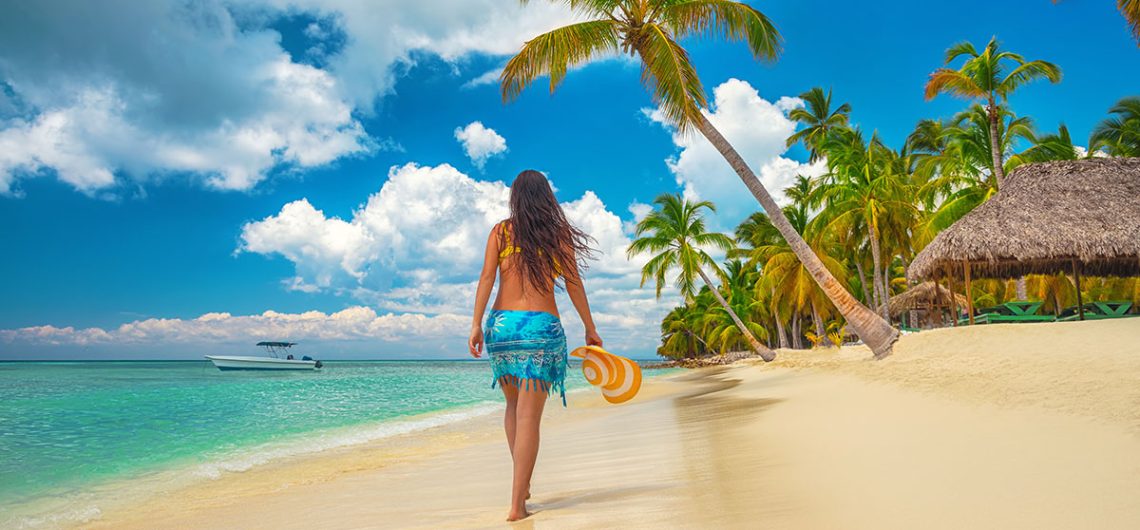
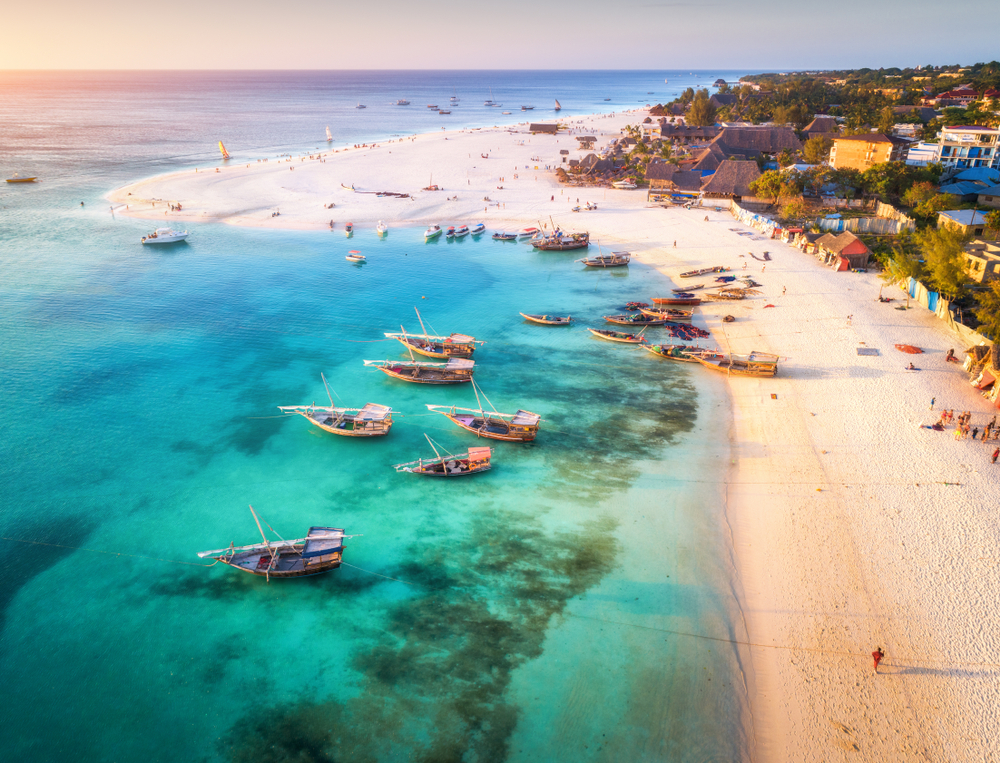 Cultural Exploration
Cultural Exploration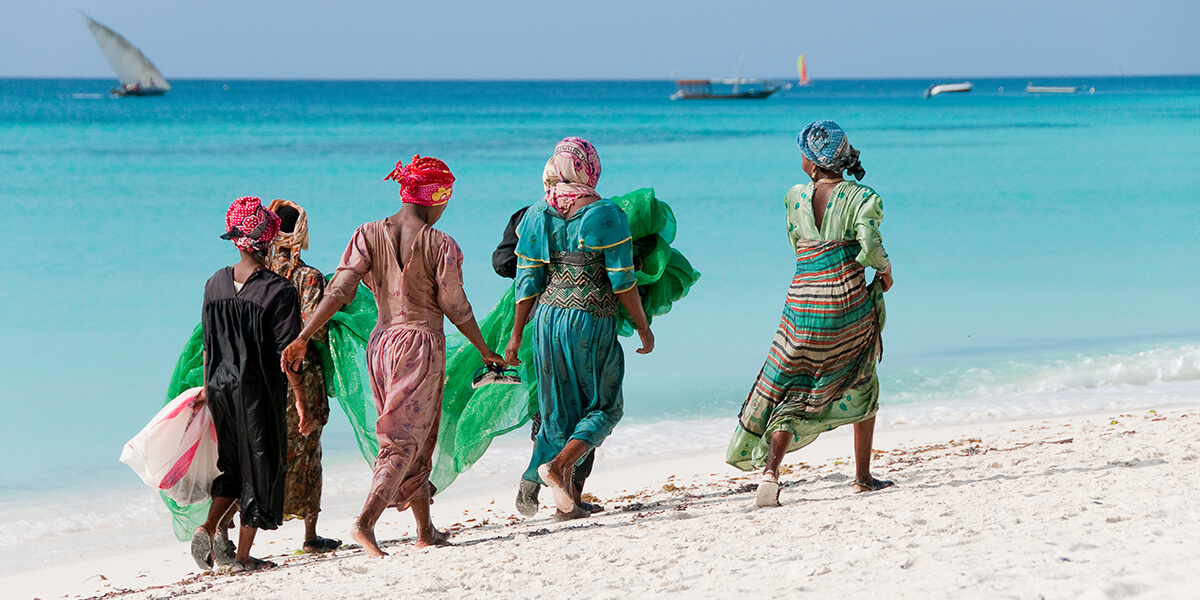 Spice Tours and Culinary Delights
Spice Tours and Culinary Delights Dhow Cruises and Island Hopping
Dhow Cruises and Island Hopping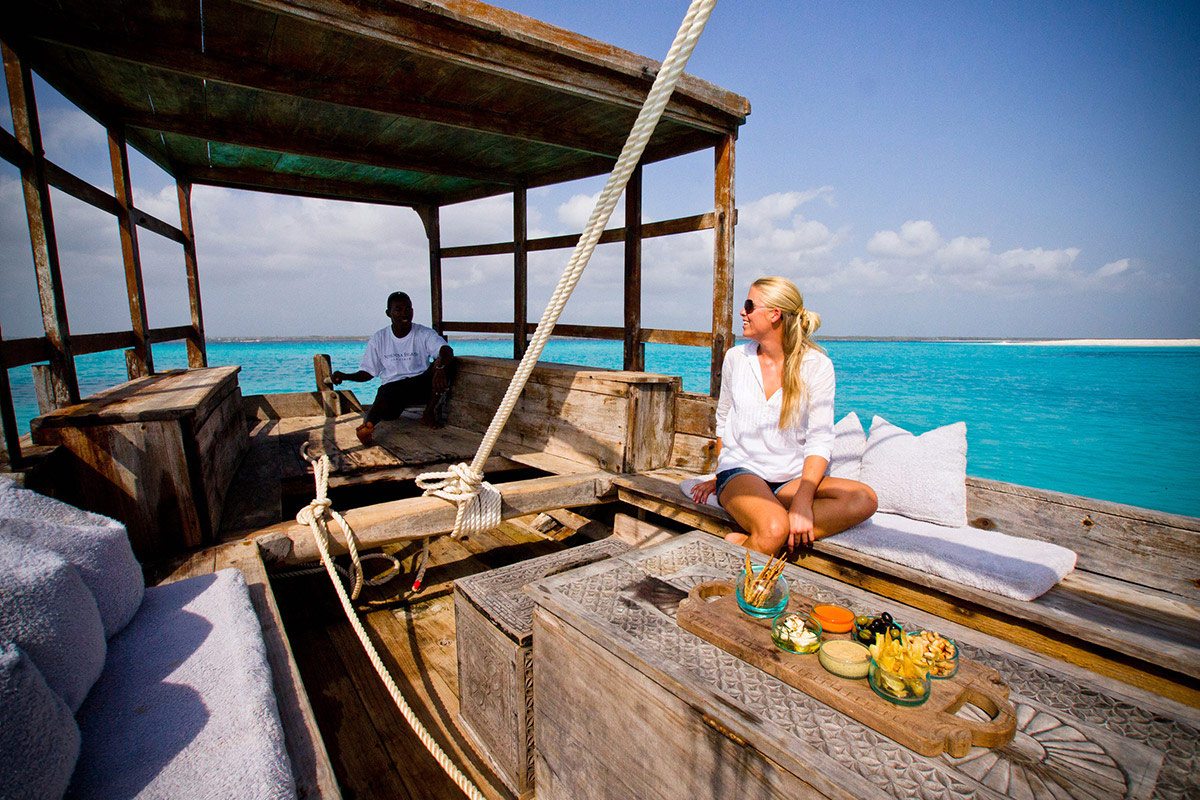



Comments